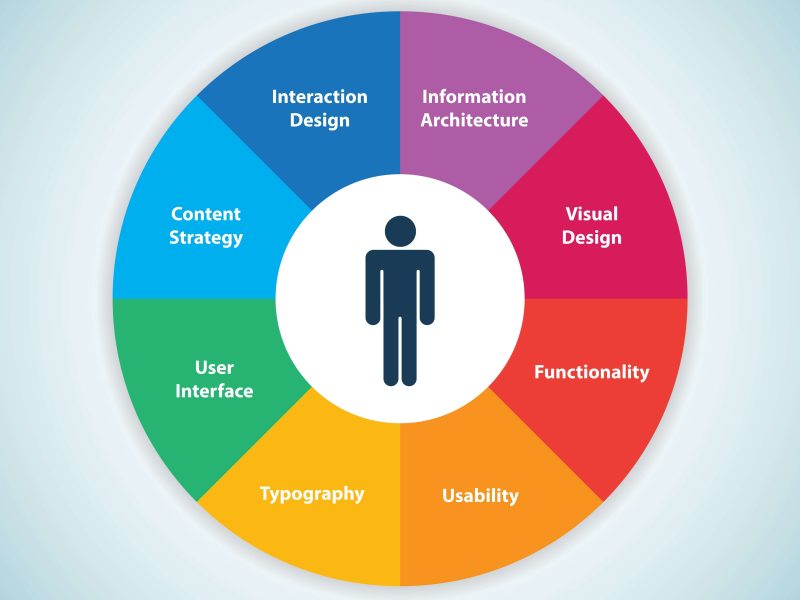Dealing with conflicts between employees is an inevitable part of running a successful business. Conflicts can arise due to differences in personalities, work styles, or even conflicting interests. However, it is crucial for employers and managers to handle these conflicts effectively to maintain a harmonious work environment and prevent the negative impact they can have on employee morale and productivity.
Recognize and Address Conflicts Early
The first step in handling employee conflicts is to be proactive in recognizing and addressing them early. As a manager, it is essential to be aware of potential conflicts before they escalate into major problems. Regularly communicate with your employees, actively listen to their concerns, and observe any signs of tension or misunderstandings.
Once a conflict is identified, it should be addressed promptly and directly. Ignoring or avoiding conflicts can exacerbate the issue and lead to further complications down the line.
Encourage Open Communication
Effective communication is key to resolving conflicts in the workplace. Encourage your employees to express their concerns openly and honestly. Create a safe and non-judgmental environment where they feel comfortable discussing their issues and finding common ground. Act as a mediator and facilitate constructive conversations between the conflicting parties.
Additionally, managers should actively listen to both sides of the conflict, ensuring that each party feels heard and understood. This can help in identifying underlying issues and finding mutually beneficial solutions.
Promote Collaboration and Team Building
Encouraging collaboration and team building activities can significantly reduce conflicts among employees. Providing opportunities for team members to work together on projects, fostering a sense of camaraderie, and promoting a collaborative work culture can help build stronger relationships and minimize conflicts.
Team-building exercises such as workshops, retreats, or even informal social events can improve communication, boost morale, and create a more cohesive work environment.
Provide Conflict Resolution Training
Investing in conflict resolution training for managers and employees can equip them with the necessary skills to handle conflicts effectively. By providing training on active listening, negotiation, and conflict resolution techniques, employees can develop better problem-solving abilities and gain insights into how to navigate difficult situations.
Conflict resolution training empowers employees to address conflicts in a constructive and professional manner, preventing them from escalating into larger issues that require managerial intervention.
Implement a Fair and Consistent Policy
Having a clear policy in place for handling conflicts can provide employees with confidence that their concerns will be addressed fairly and impartially. Establish guidelines for conflict resolution that outline the steps to be followed and the expected behavior from all parties involved.
Ensure that the policy is consistently applied throughout the organization. Consistency promotes trust and maintains a level playing field, fostering a positive work climate where conflicts can be resolved more effectively.
Mediation and Intervention
When conflicts cannot be resolved through open communication and employee efforts, mediation or intervention may be necessary. Mediation involves bringing in a neutral third party to help facilitate discussions and guide the conflicting parties towards a resolution.
Managers can also play an active role by intervening when conflicts become unmanageable or significantly hinder productivity. In such cases, it is essential to remain impartial, listen to all parties involved, and make informed decisions to resolve the conflict.
Follow-Up and Provide Support
After a conflict has been addressed and resolved, it is crucial to follow up with the involved parties. Gauge their satisfaction with the resolution and ensure that any lingering issues or animosity are properly addressed.
Offer ongoing support to employees involved in the conflict. Provide coaching or mentoring opportunities to help them improve their communication and conflict resolution skills. By investing in their personal development, you can empower employees to handle conflicts more effectively in the future.
Conclusion
Handling employee conflicts effectively is a critical skill for managers and employers. By recognizing and addressing conflicts early, encouraging open communication, and promoting collaboration and team building, organizations can create a positive work environment where conflicts are resolved efficiently. Providing conflict resolution training, implementing a fair policy, and utilizing mediation or intervention when necessary are also essential tools to handle conflicts effectively. Remember to follow up and provide ongoing support to ensure long-term resolution and prevent future conflicts from arising.


